politicalads
Latest
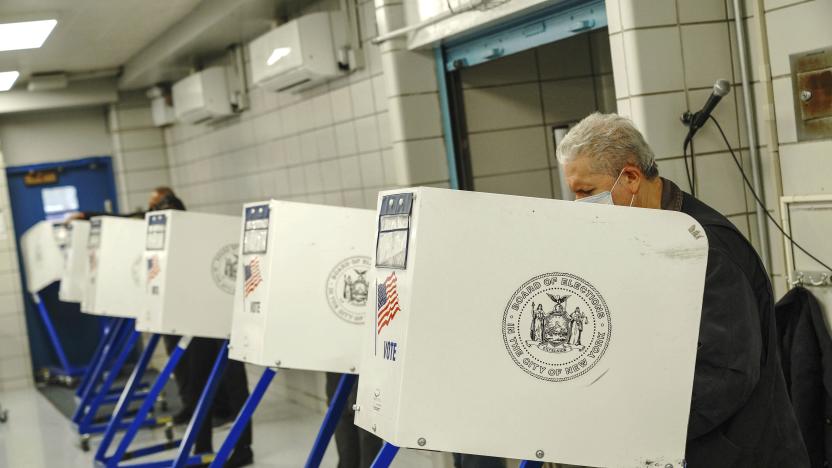
Facebook and Google indefinitely extend their ban on political ads
Facebook and Google's bans on political advertising are still in effect.
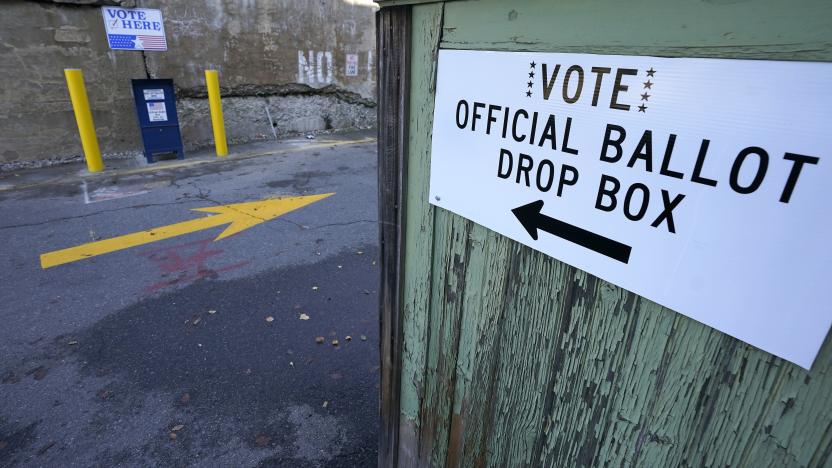
Google will temporarily ban election ads after polls close
The company hopes 'to limit the potential for ads to increase confusion post-election.'
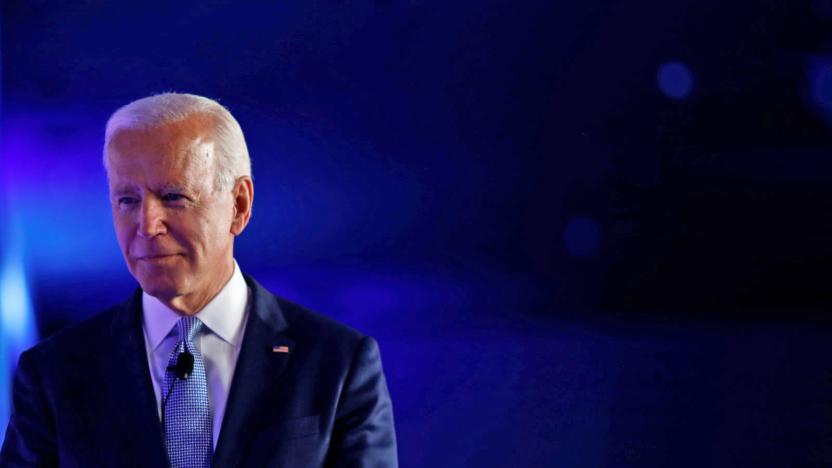
Facebook rejects Biden's request to remove false Trump attack ad
Facebook has rejected a request by Joe Biden's presidential campaign to pull down or demote a Donald Trump ad it says contains misinformation. The campaign asked the company to take action against an ad which suggests that "Biden promised Ukraine $1 billion dollars if they fired the prosecutor investigating his son's company." In a letter to Biden's camp obtained by The New York Times, Facebook declined to do so.
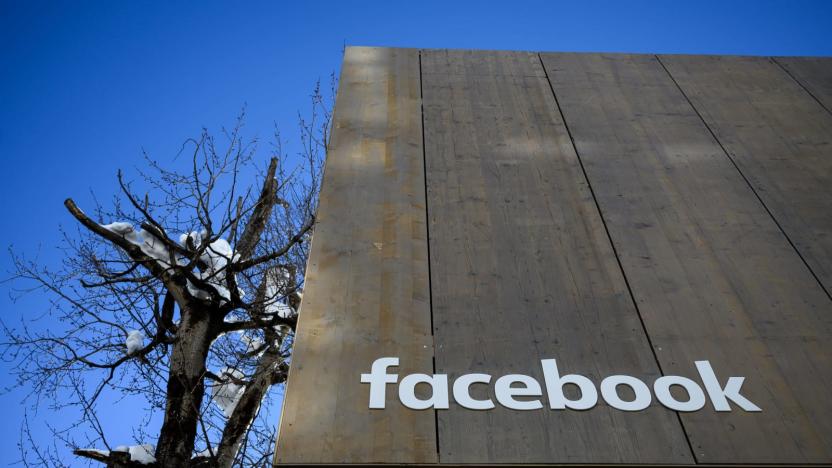
Facebook expands election integrity efforts ahead of EU vote
European Parliament elections are set to take place in May, which of course means there are bad actors who will try to use nefarious means to disrupt the process. Facebook is trying to clamp down on interference on its platforms, with measures including new rules for electoral ads and those related to key election issues. Advertisers need to confirm their identities before they can post ads, while Facebook plans to increase transparency around such ads (an effort with which it has faced some difficulties).

Facebook will expand its political ad rules to Nigeria, Ukraine and EU
Facebook will be introducing some of its political advertising policies in additional regions in the coming months, Reuters reports. In Nigeria, where a presidential election is set to take place in February, Facebook will now require those purchasing electoral ads to be located within the country. That same rule will roll out to Ukraine next month ahead of its March election.
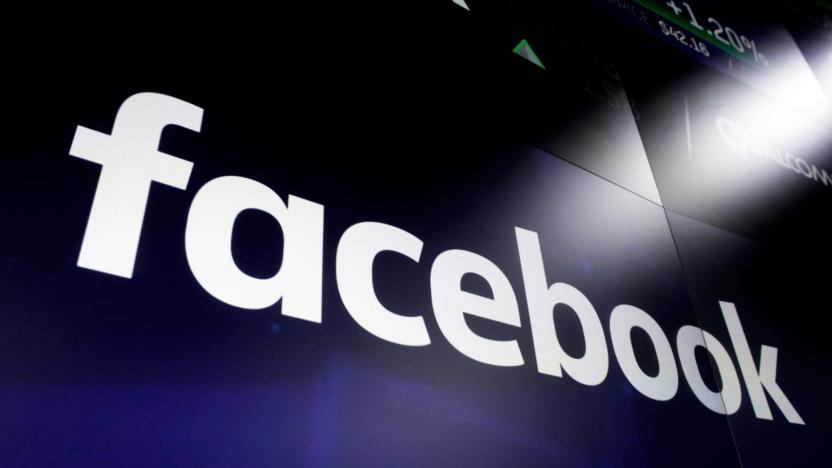
Facebook won't require political ad labels for news outlets
Earlier this year, Facebook announced and enacted a plan to require all political advertisements to carry a "Paid for by" label and be listed in an ad archive. Now the company is granting an exemption for those requirements to legitimate news publications. Promoted posts and ads run by approved news outlets will once again able to appear in the News Feed without undergoing Facebook's transparency protocol. The exemption will start in the UK (today also marks the start of ad transparency enforcement in the region) and will come to the US and other countries next year.

Google will demand verification from European political ad buyers
When the campaign period for the European Parliament elections begin next year, political parties and candidates will have to be prepared to prove their identities in order to buy Google ads. The tech giant has revealed that it's requiring advertisers to submit an application and undergo verification before they can buy political advertisements. Also, the tech giant will require all ads that mention political parties, candidates and current officeholders to make it clear who's paying for them.
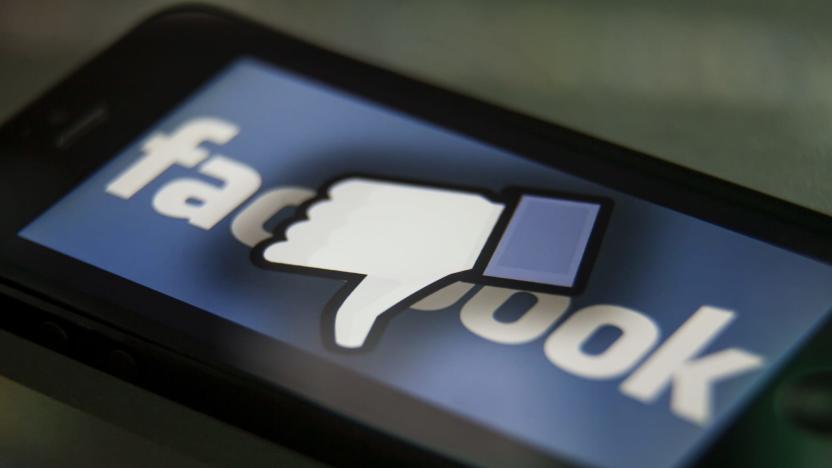
Facebook pulls Trump ad TV networks took off the air
Facebook confirmed that it has followed in the footsteps of most major media outlets and pulled a controversial advertisement released by the Donald Trump campaign. The social media giant, which allowed the video to run for several days on its platform, said the advertisement violates its policy against sensational content, according to the Daily Beast.
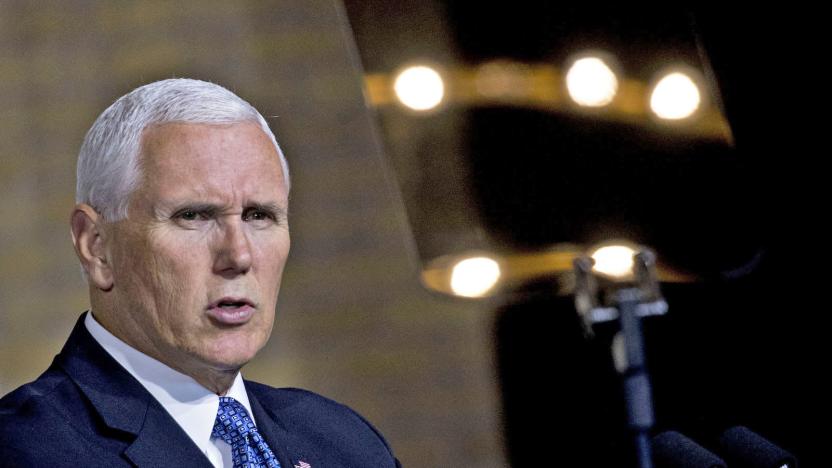
Facebook's political ad system is still easily tricked
Ahead of the 2016 US presidential election, Facebook and other platforms were used by foreign groups to stoke political tensions in the country. And in order to deter a repeat of that situation, Facebook has implemented some safeguards, one of which is its revamped political ad system. In April, the company began requiring anyone wanting to post a political ad to verify their identities and locations and in May, ads themselves began to feature a "Paid for by" disclosure. But that system isn't as rigorous or as transparent as Facebook has touted it to be, and a new report from Vice News highlights some of the problems.
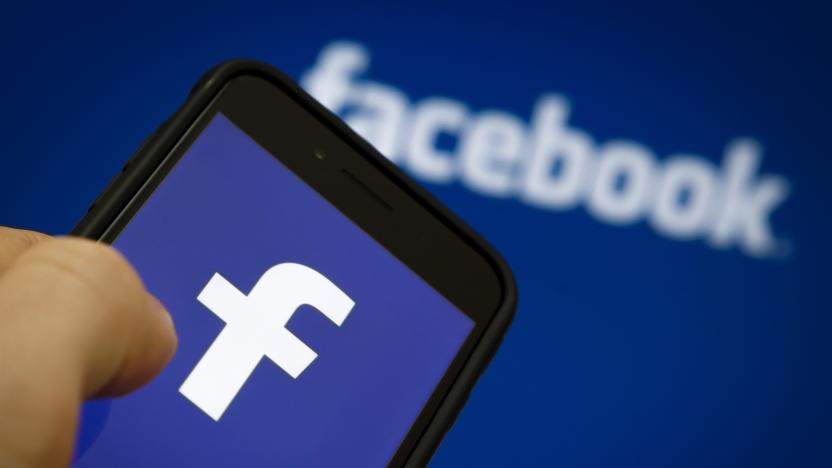
Facebook’s political ad system still allows anonymous advertising
In May, Facebook began requiring political ads in the US to disclose who paid for them and those purchasing political ads to verify their identities. Both moves were meant to address some of the issues highlighted by the 2016 presidential election, during which foreign groups used the platform to stoke political tensions. But this system has a loophole, and, the New York Times reports, it's being used to distribute political attack ads anonymously.
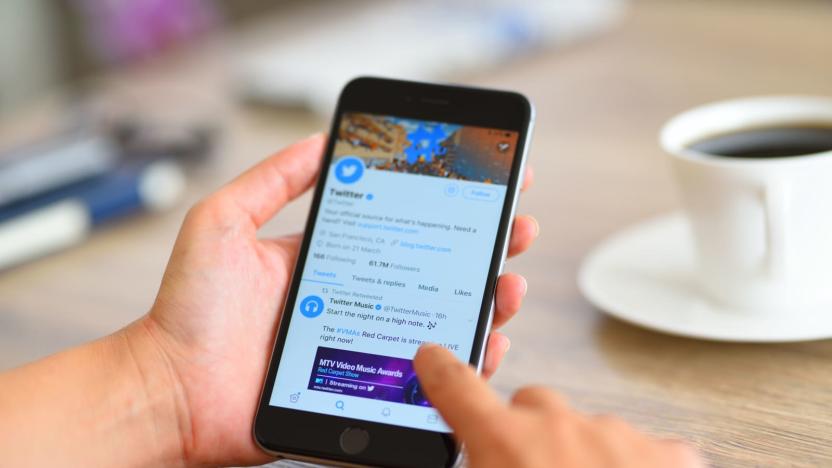
Twitter will shield ‘legitimate’ news orgs from its political ad policy
Today, Axios learned that news outlets (and their affiliated journalists) can apply for exemption from Twitter's political and issue advertising policy. News organizations were concerned that by reporting on these issues, their ads would be placed in the same archive as political and issue ads. Del Harvey, the VP of trust and safety and Bruce Falck, the GM of revenue product at Twitter told Axios, "We don't believe that news organizations running ads on Twitter that report on these issues, rather than advocate for or against them, should be subject to this policy."
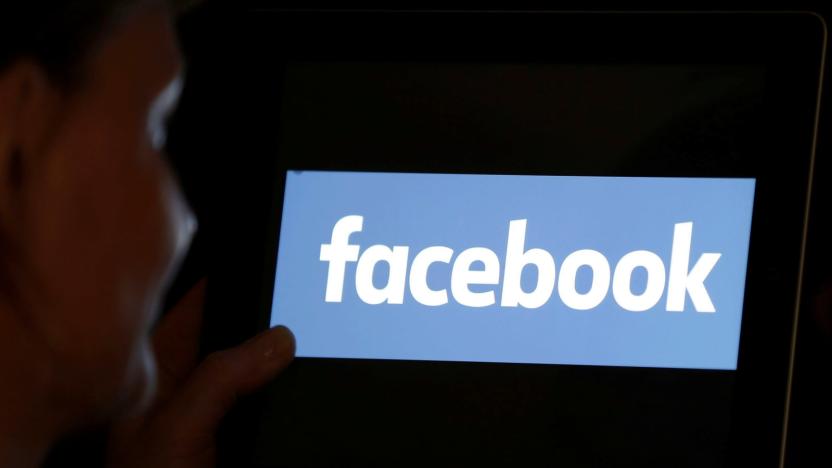
Facebook makes it easier for researchers to analyze its ad archive
Back in May, Facebook made good on earlier promises and started labeling US election- and issue-related ads with who paid for them, and also linked to a searchable archive of such advertisements. Today, the platform started releasing an API that researcher and journalists can use to more easily analyze ads appearing on Facebook, though it's only open to certain groups and individuals during an initial test period.
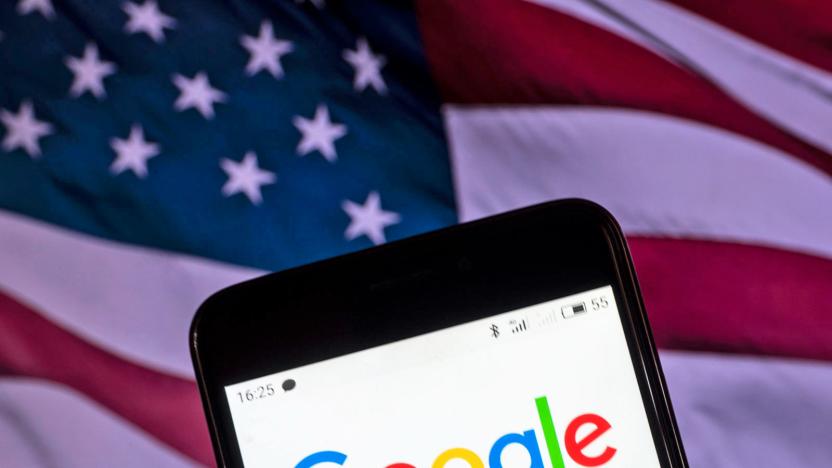
Google publishes its own archive of US political ads
In the months leading up to the US midterm elections, the big online sites that inadvertently hosted the worst manipulation back in 2016, like Facebook and Twitter, have adopted new advertising policies to enforce transparency. So has Google, which has followed Facebook in preparing another resource for the public: An archive of ads. Today, the company published a database of all the US political advertisements that have appeared on its platforms.
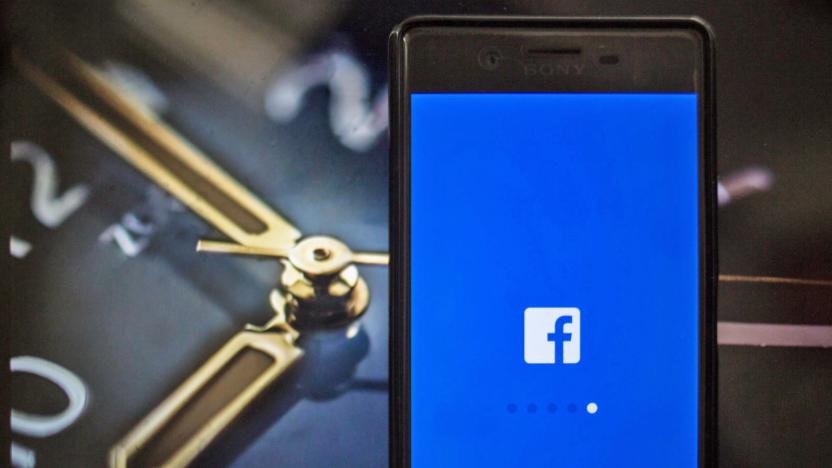
Facebook's tougher policies delay Hispanic political ads
Facebook's stricter ad policies may be creating further complications for legitimate campaigns. Strategists for Hispanic organizations have told the Washington Post that their political ads typically require "several days" to reach Facebook simply because they're targeting a Spanish-language audience. As the social network's policies require it to both review ads targeted at ethnic groups and fight racial discrimination, the process takes considerably more time than ads aimed at a general audience.
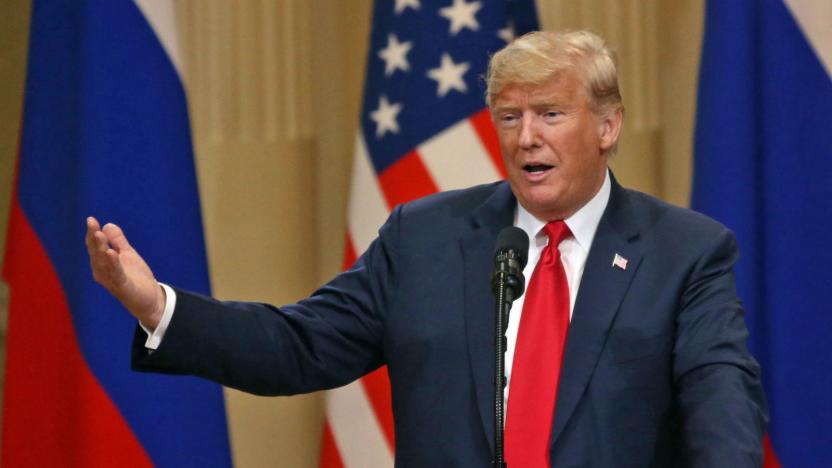
Trump is one of the biggest political ad spenders on Facebook
In May, Facebook began requiring political ads to disclose who paid for them and started collecting all political ads in a searchable archive. Now, researchers are using that information to see how politicians are incorporating the social platform into their campaigns. As the New York Times reports, researchers at New York University have conducted an initial analysis of political Facebook ads and found that President Trump is a leading spender.

Facebook is showing users all the ads a Page could serve
A day after it was reported that Facebook was getting ready to launch new ad transparency tools globally, the company is now making a major change to Pages. Starting today, people will be able to see any active ads running on a Page across Facebook, Instagram and Messenger, even if they're not being served to them specifically. On Facebook's site, you can go to a Page and you'll see a new "Info and Ads" button, which you can click to get information like when it was created, name history and see all the ads it has served since day one. If you notice anything suspicious, like a dubious political ad, you can then report it. Facebook says it'll be adding more Page information in the coming weeks.

Facebook won't exempt publishers from new political ad policy
If publishers think Facebook would give them an exemption from its new political ad disclosure policy, they have another thing coming. The social network's Campbell Brown has rejected calls for publisher exemptions to the "paid for" label in a blog post, arguing that equal treatment is necessary to ensure the policy works. It would "go against our transparency efforts," Brown said, and would be ripe for abuse. A "bad actor" could hide its identity by claiming to be a publisher, and news outlets can take definite political stances.
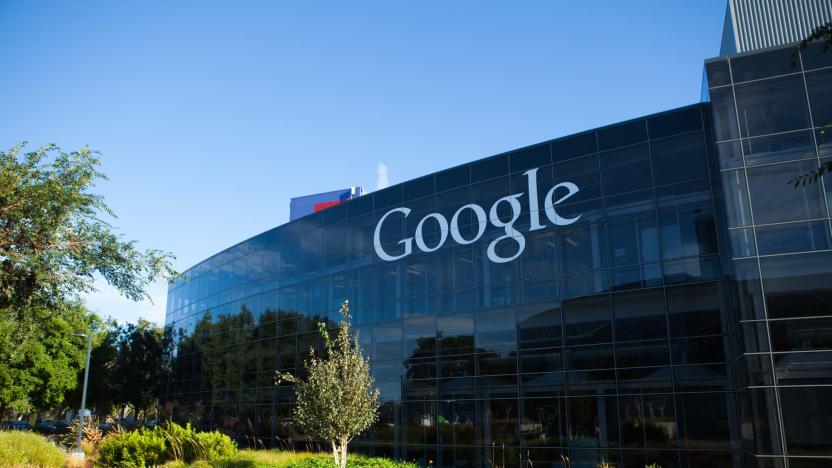
Google suspends election ads in Washington state
Google has bowed to pressure from Washington state and will no longer run local election advertisements starting from today. Attorney General Bob Ferguson recently accused Google and Facebook -- which have received about $1.5 million and $3.4 million in relation to advertising respectively -- of shielding the public from information about who is buying the political ads they see. Ferguson's subsequent lawsuit argued that both companies had failed to adhere to the state's stipulated campaign finance laws.
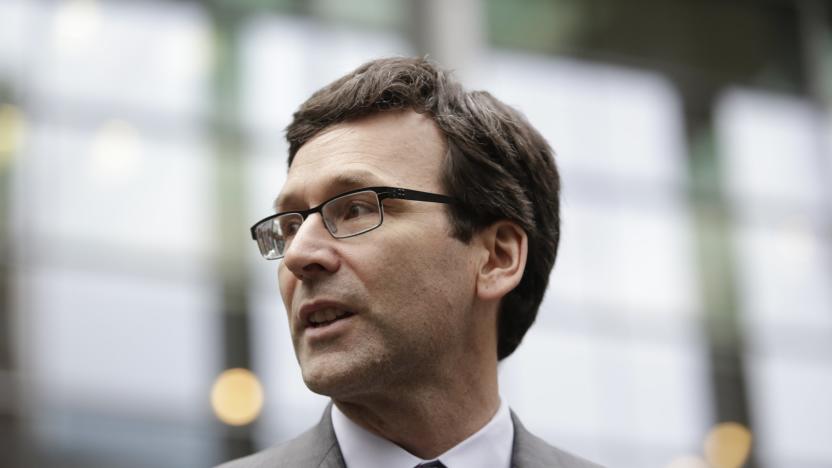
Washington state sues Google and Facebook over political ad records
The state of Washington is suing Facebook and Google over their failure to provide records on political ad buyers. Local law requires that advertisers collect and store a variety of information on political advertising, including the name and address of the buyer, the total cost, and the name of the candidate, party or proposal that is being supported or opposed. The lawsuits, filed by the office of Attorney General Bob Ferguson, claim that Facebook and Google have been slipping up since 2013. They propose fines and injunctions against both companies. "Washingtonians have a right to know who's paying for the political advertising they see," Ferguson said.

Facebook’s new political ad policies have problems of their own
Last month, Facebook launched its new political ad policies, which require ads to say who paid for them and those purchasing ads to go through a verification process. The rules are meant to prevent some of the problems that occurred during the 2016 US presidential election, during which Russian groups purchased Facebook ads with the intent of sowing political discord. But while the more rigorous process seems like a step in the right direction, it has come with a few issues of its own.









